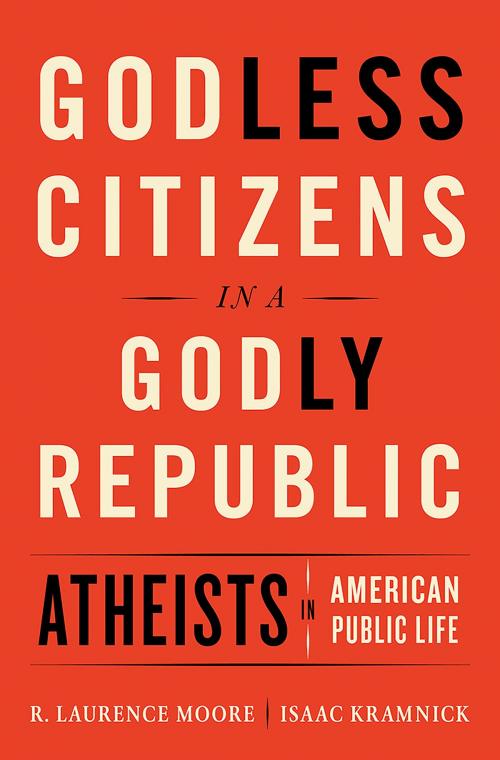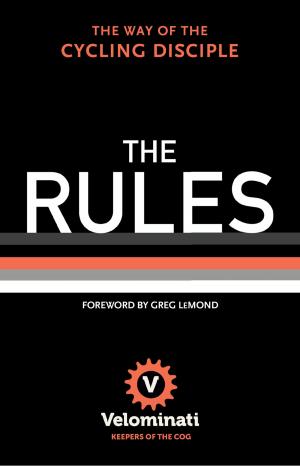Godless Citizens in a Godly Republic: Atheists in American Public Life
Nonfiction, Reference & Language, Law, Legal History, Religion & Spirituality, Other Practices, Atheism, Social & Cultural Studies, Political Science, Politics, Civil Rights| Author: | Isaac Kramnick, R. Laurence Moore | ISBN: | 9780393254976 |
| Publisher: | W. W. Norton & Company | Publication: | August 21, 2018 |
| Imprint: | W. W. Norton & Company | Language: | English |
| Author: | Isaac Kramnick, R. Laurence Moore |
| ISBN: | 9780393254976 |
| Publisher: | W. W. Norton & Company |
| Publication: | August 21, 2018 |
| Imprint: | W. W. Norton & Company |
| Language: | English |
If the First Amendment to the U.S. Constitution protects religious liberty, why doesn’t it protect atheists?
God occupies our nation’s consciousness, even defining to many what it means to be American. Nonbelievers have often had second-class legal status and have had to fight for their rights as citizens.
As R. Laurence Moore and Isaac Kramnick demonstrate in their sharp and convincing work, avowed atheists were derided since the founding of the nation. Even Thomas Paine fell into disfavor and his role as a patriot forgotten. Popular Republican Robert Ingersoll could not be elected in the nineteenth century due to his atheism, and the suffragette Elizabeth Cady Stanton was shunned when she questioned biblical precepts about women’s roles.
Moore and Kramnick lay out this fascinating history and the legal cases that have questioned religious supremacy. It took until 1961 for the Supreme Court to ban religious tests for state officials, despite Article 6 of the Constitution. Still, every one of the fifty states continues to have God in its constitution. The authors discuss these cases and more current ones, such as Burwell v. Hobby Lobby Stores, Inc., which address whether personal religious beliefs supersede secular ones.
In Godless Citizens in a Godly Republic, the authors also explore the dramatic rise of an "atheist awakening" and the role of organizations intent on holding the country to the secular principles it was founded upon.
If the First Amendment to the U.S. Constitution protects religious liberty, why doesn’t it protect atheists?
God occupies our nation’s consciousness, even defining to many what it means to be American. Nonbelievers have often had second-class legal status and have had to fight for their rights as citizens.
As R. Laurence Moore and Isaac Kramnick demonstrate in their sharp and convincing work, avowed atheists were derided since the founding of the nation. Even Thomas Paine fell into disfavor and his role as a patriot forgotten. Popular Republican Robert Ingersoll could not be elected in the nineteenth century due to his atheism, and the suffragette Elizabeth Cady Stanton was shunned when she questioned biblical precepts about women’s roles.
Moore and Kramnick lay out this fascinating history and the legal cases that have questioned religious supremacy. It took until 1961 for the Supreme Court to ban religious tests for state officials, despite Article 6 of the Constitution. Still, every one of the fifty states continues to have God in its constitution. The authors discuss these cases and more current ones, such as Burwell v. Hobby Lobby Stores, Inc., which address whether personal religious beliefs supersede secular ones.
In Godless Citizens in a Godly Republic, the authors also explore the dramatic rise of an "atheist awakening" and the role of organizations intent on holding the country to the secular principles it was founded upon.















